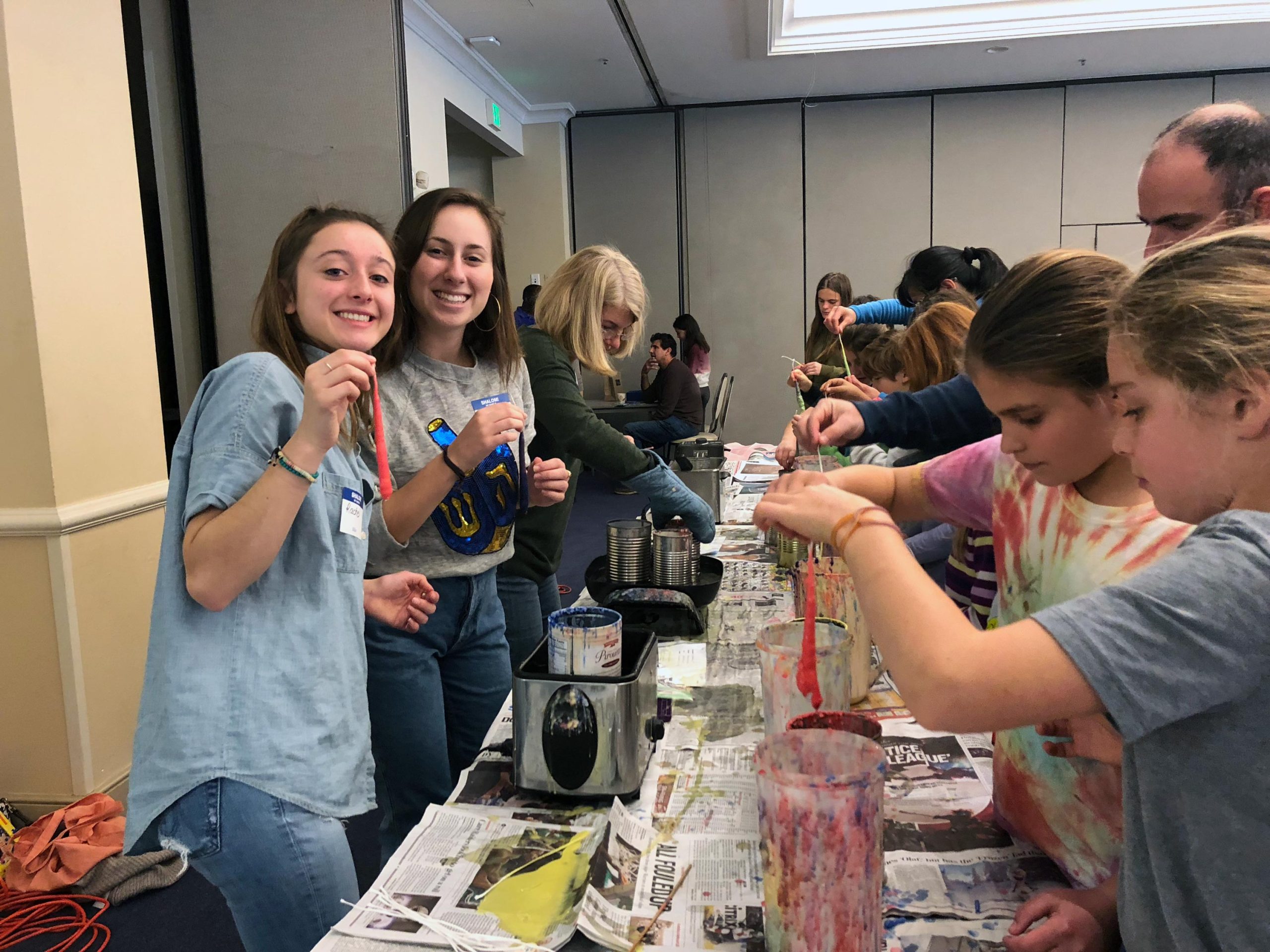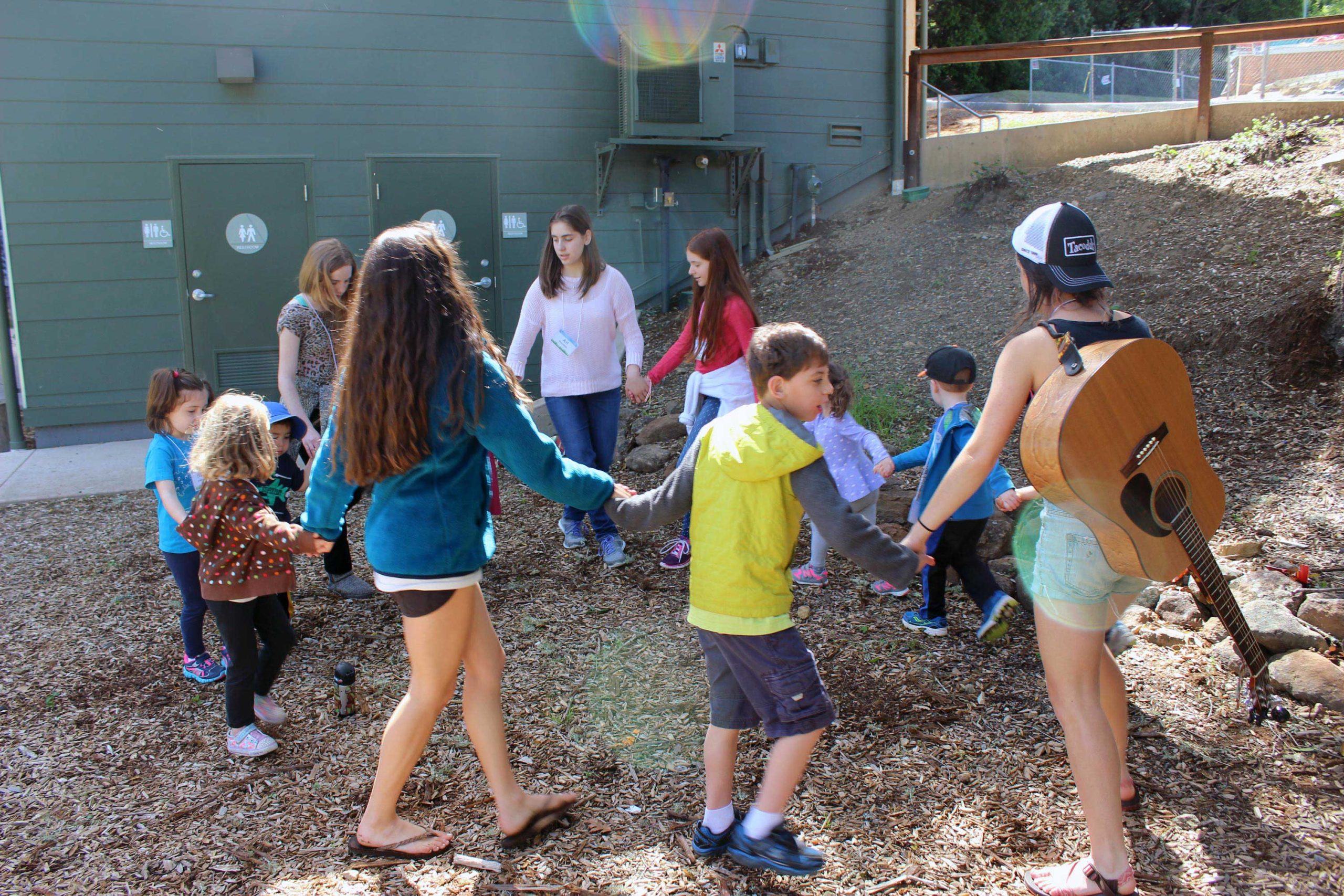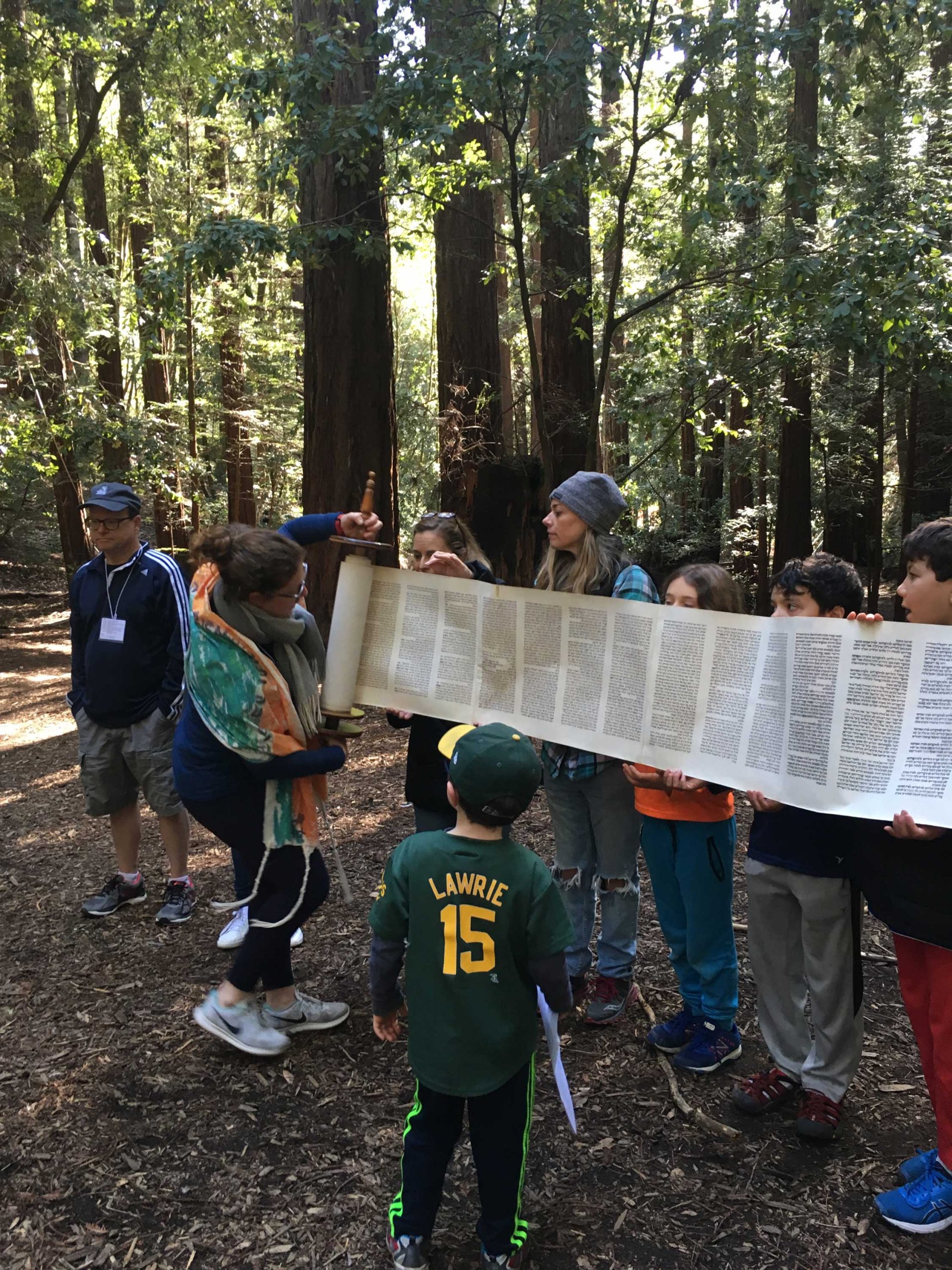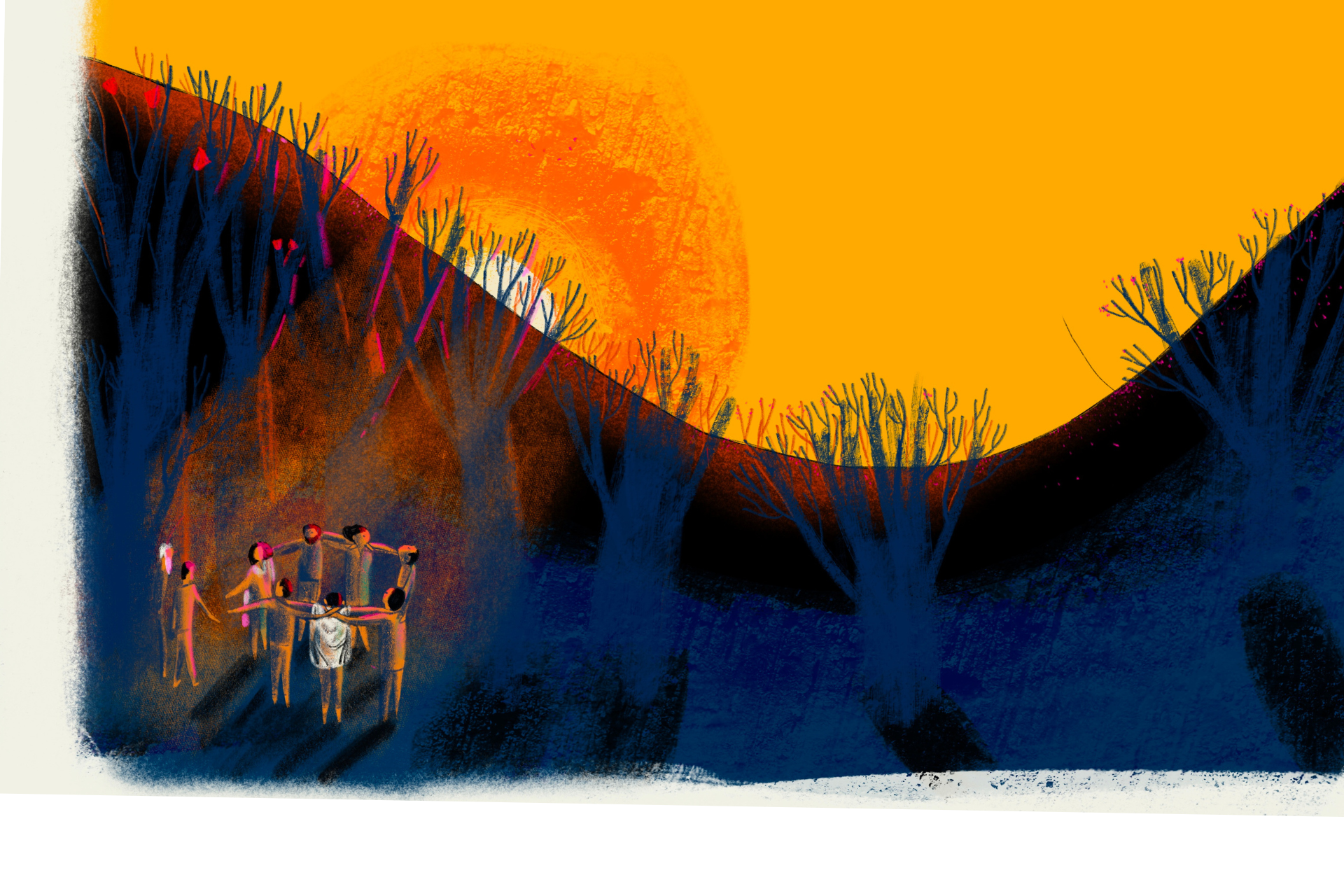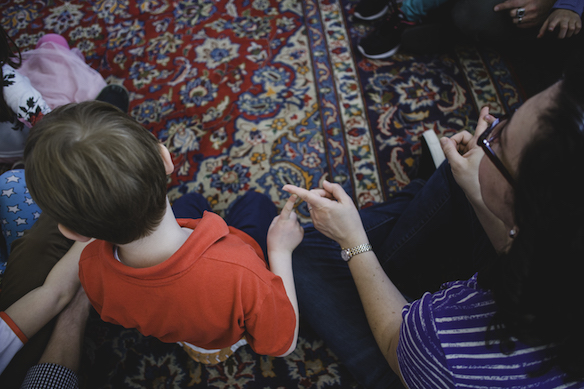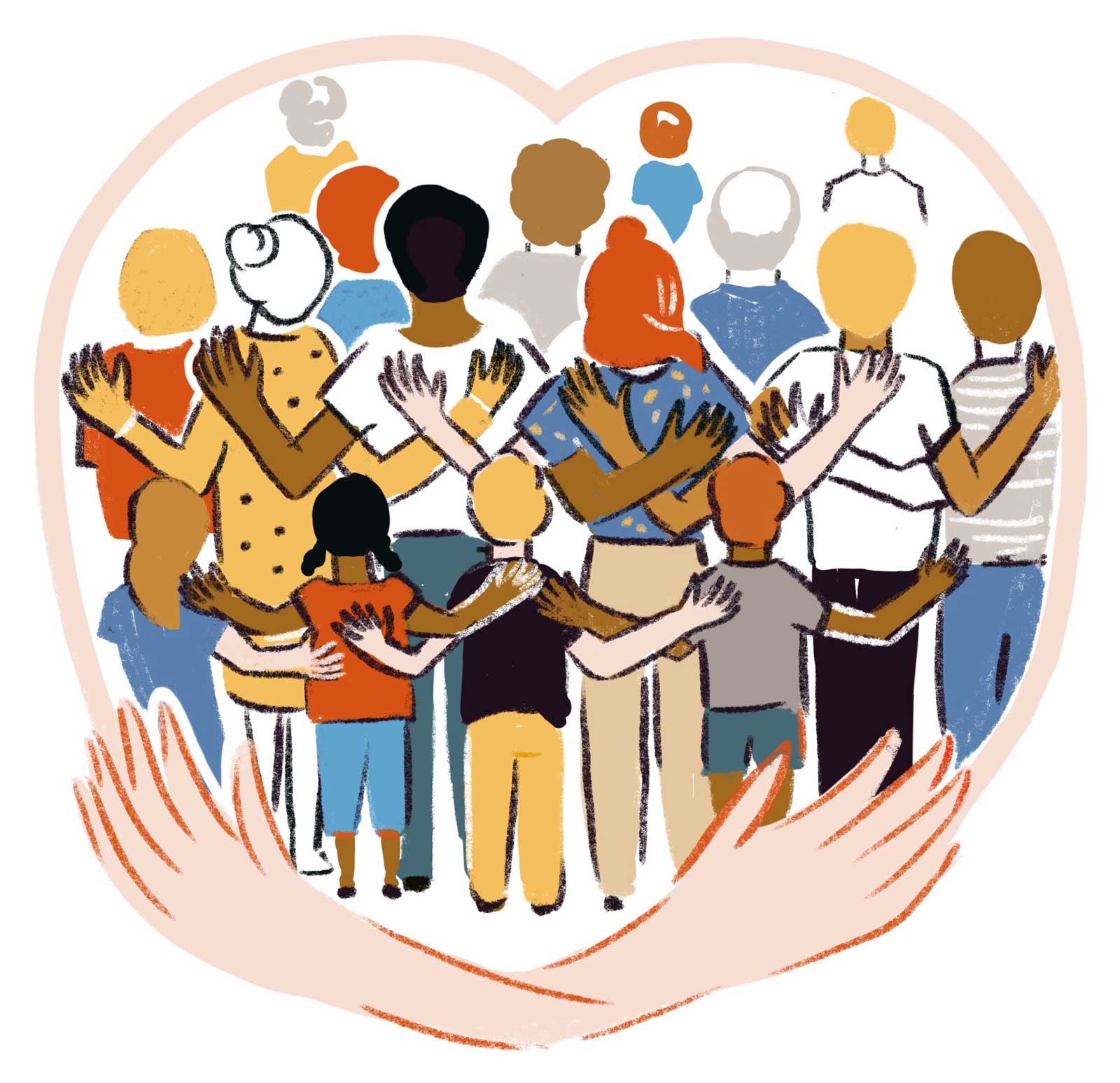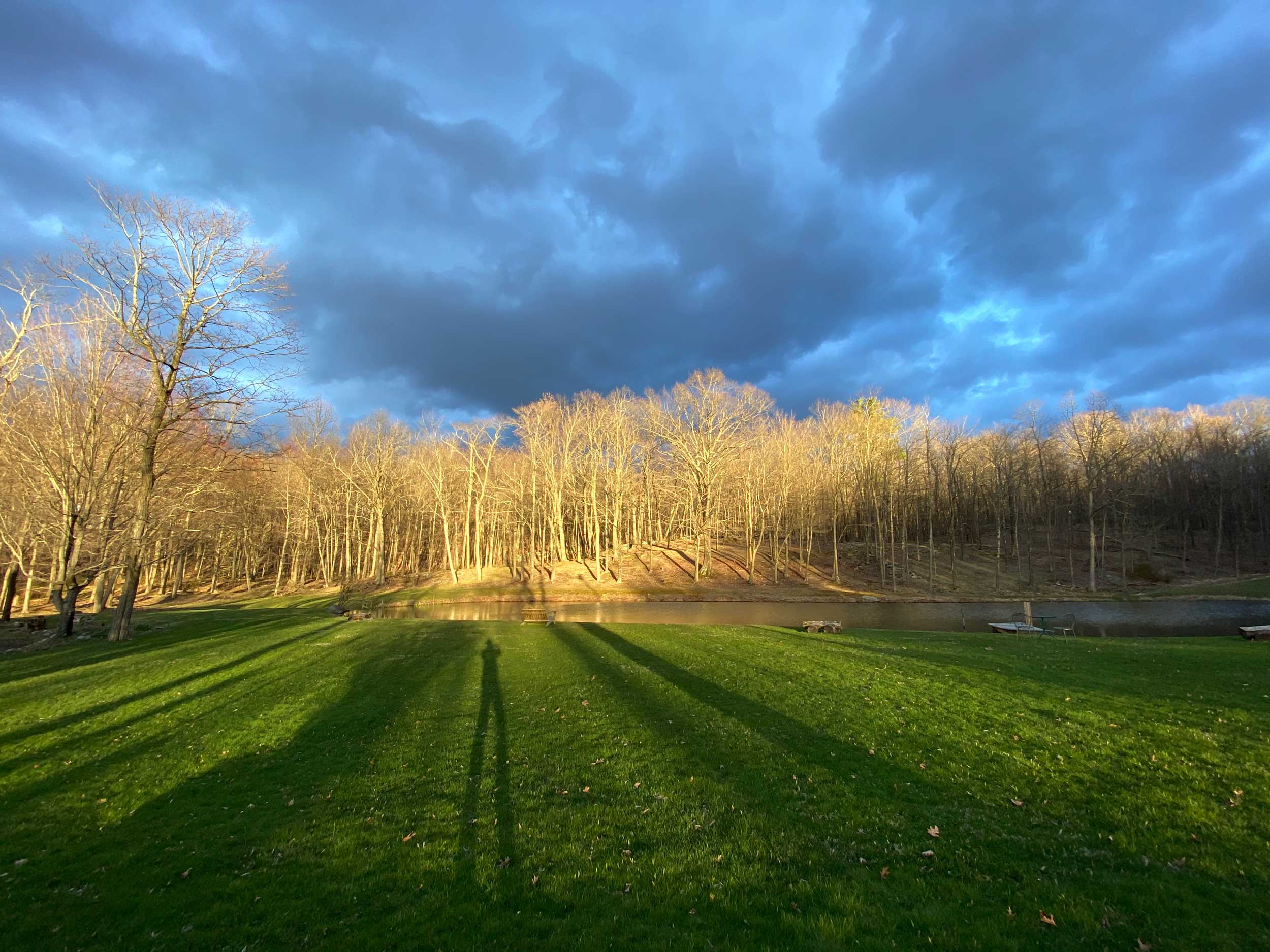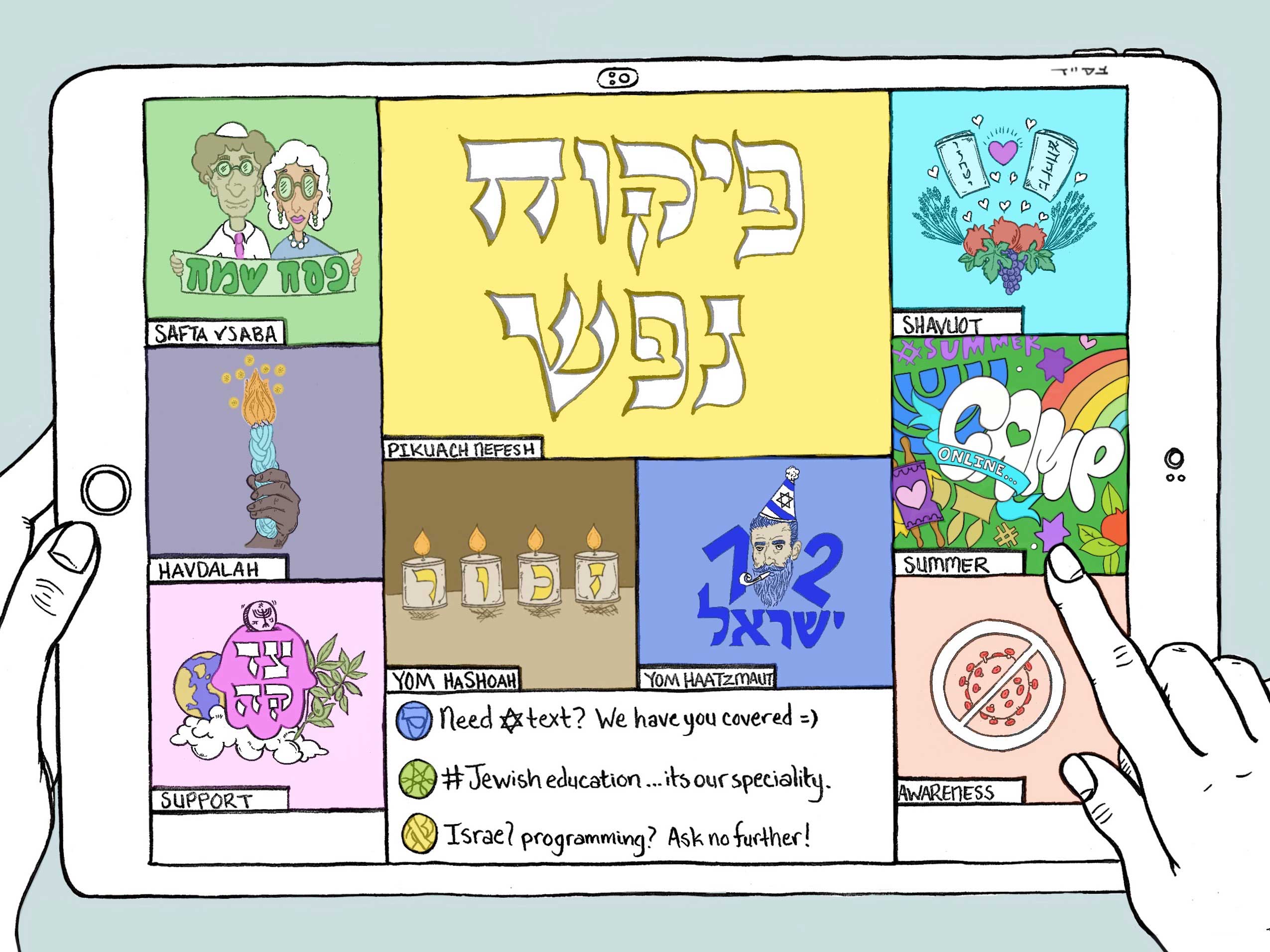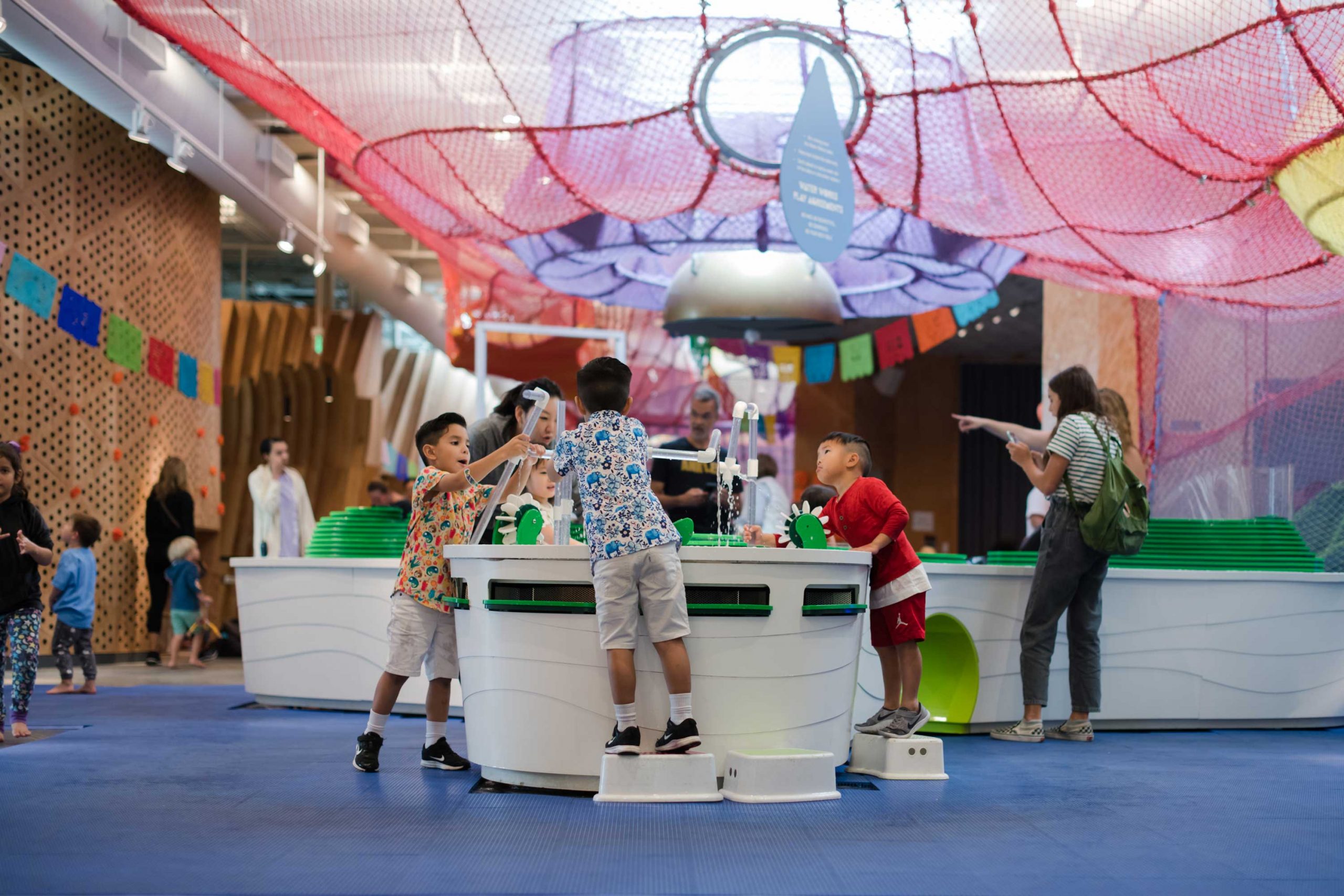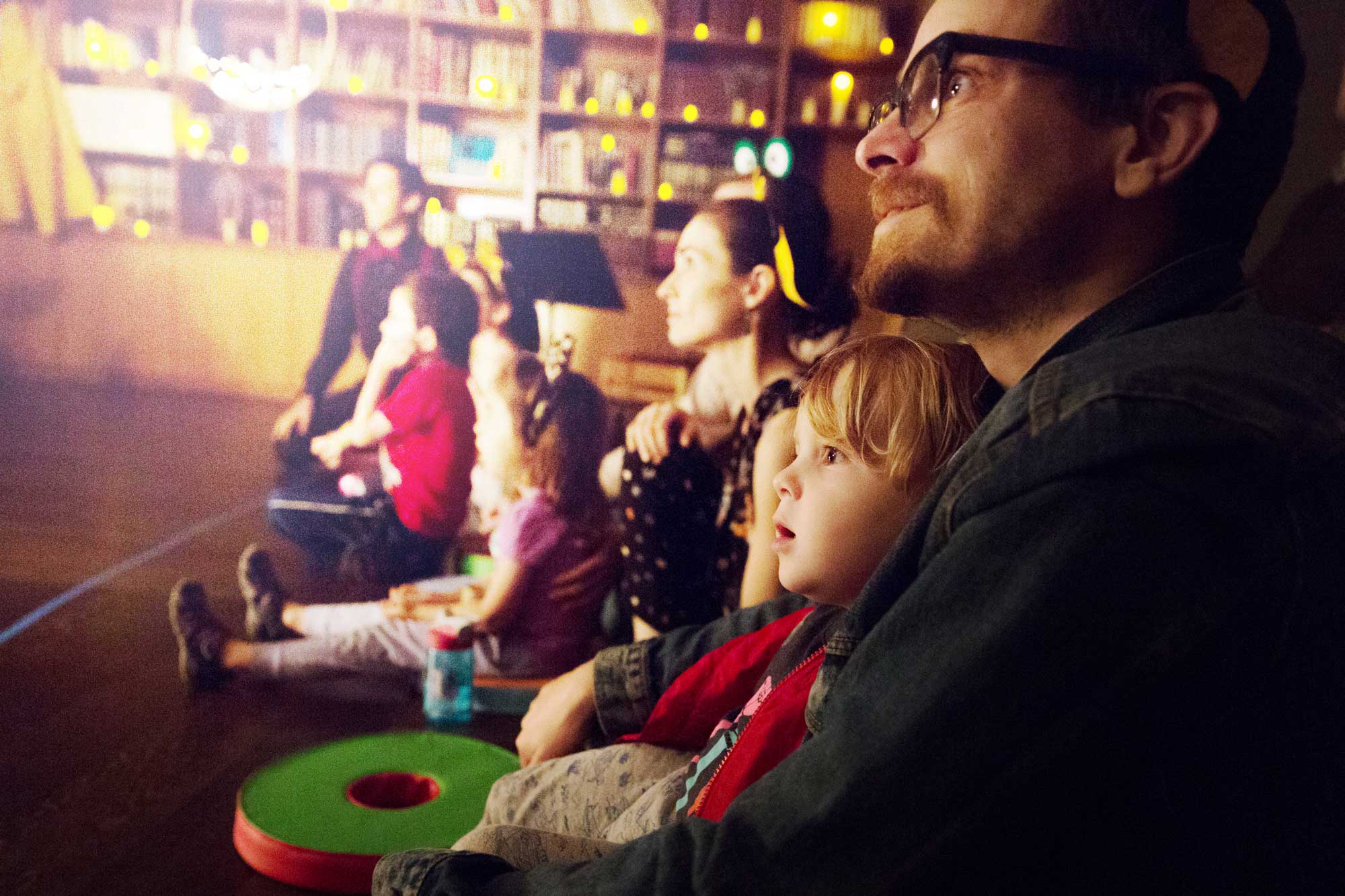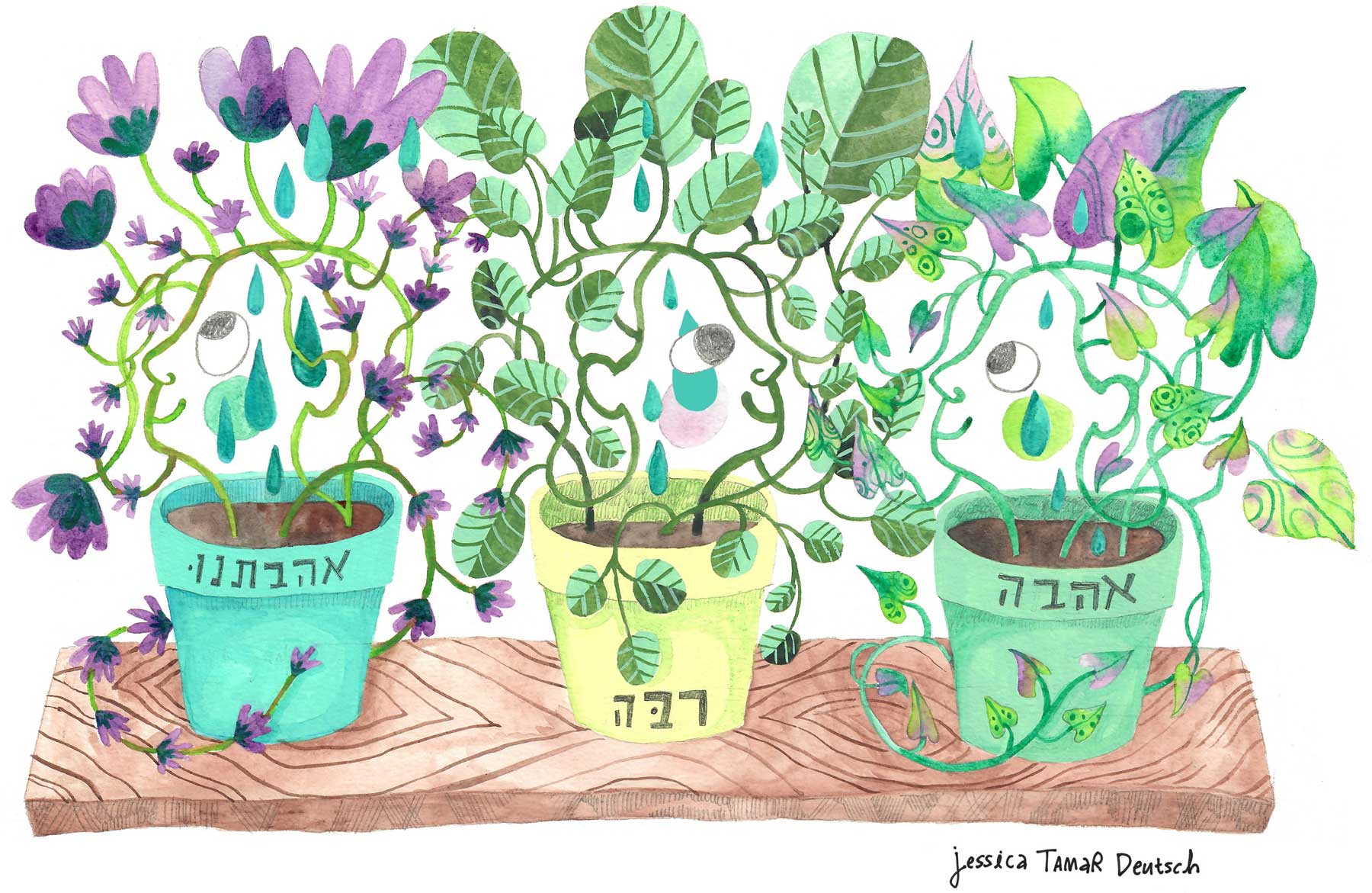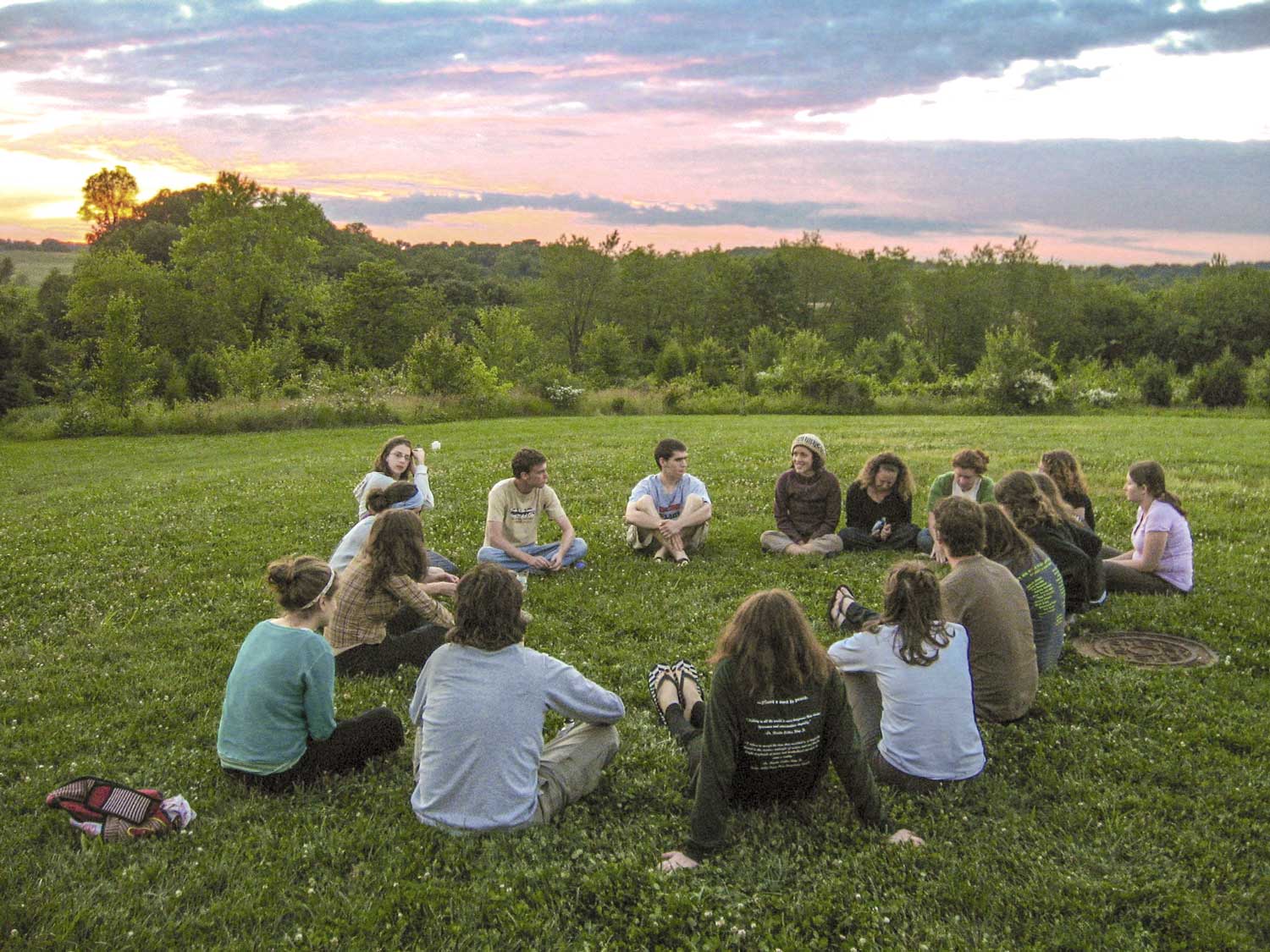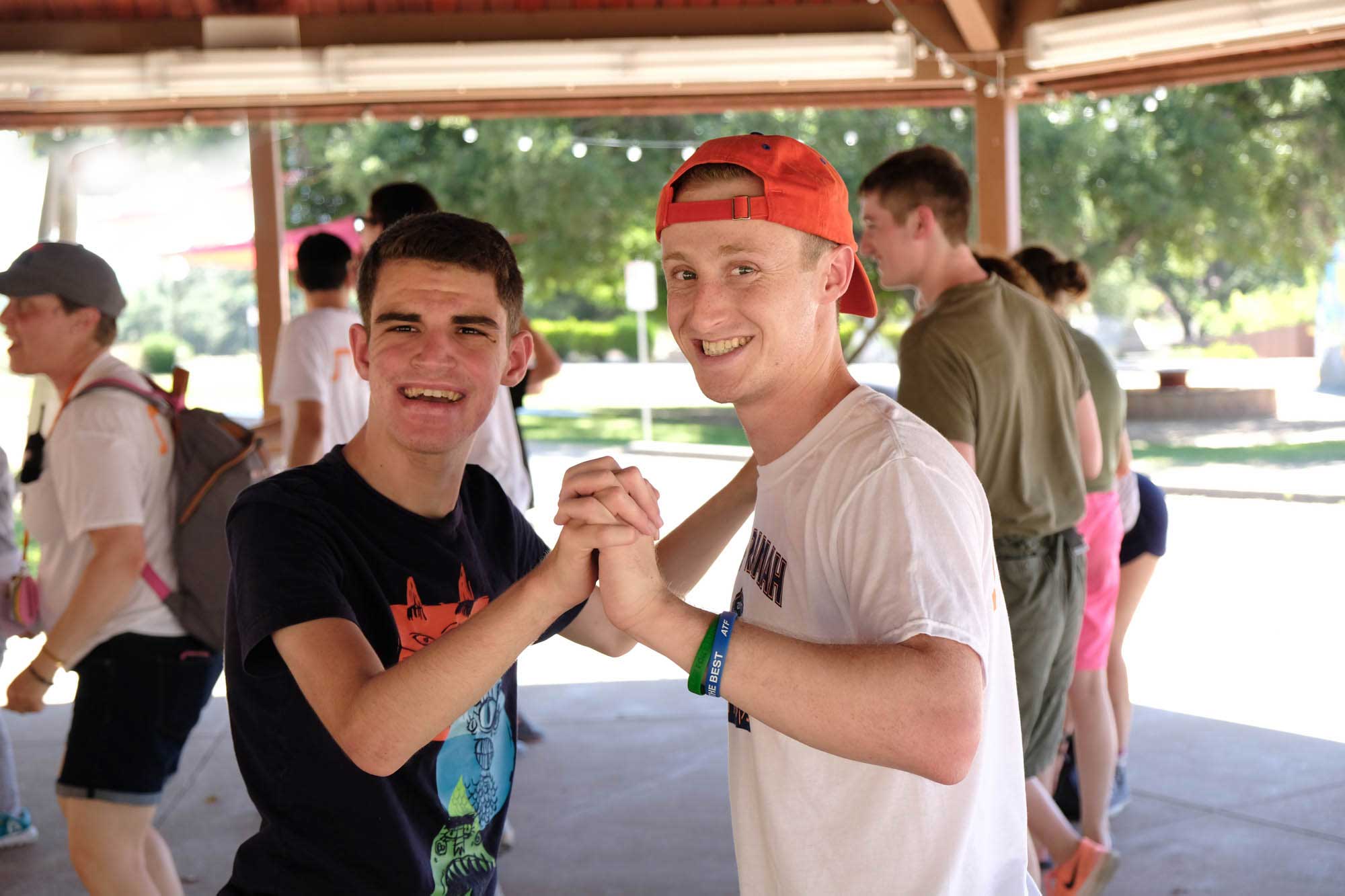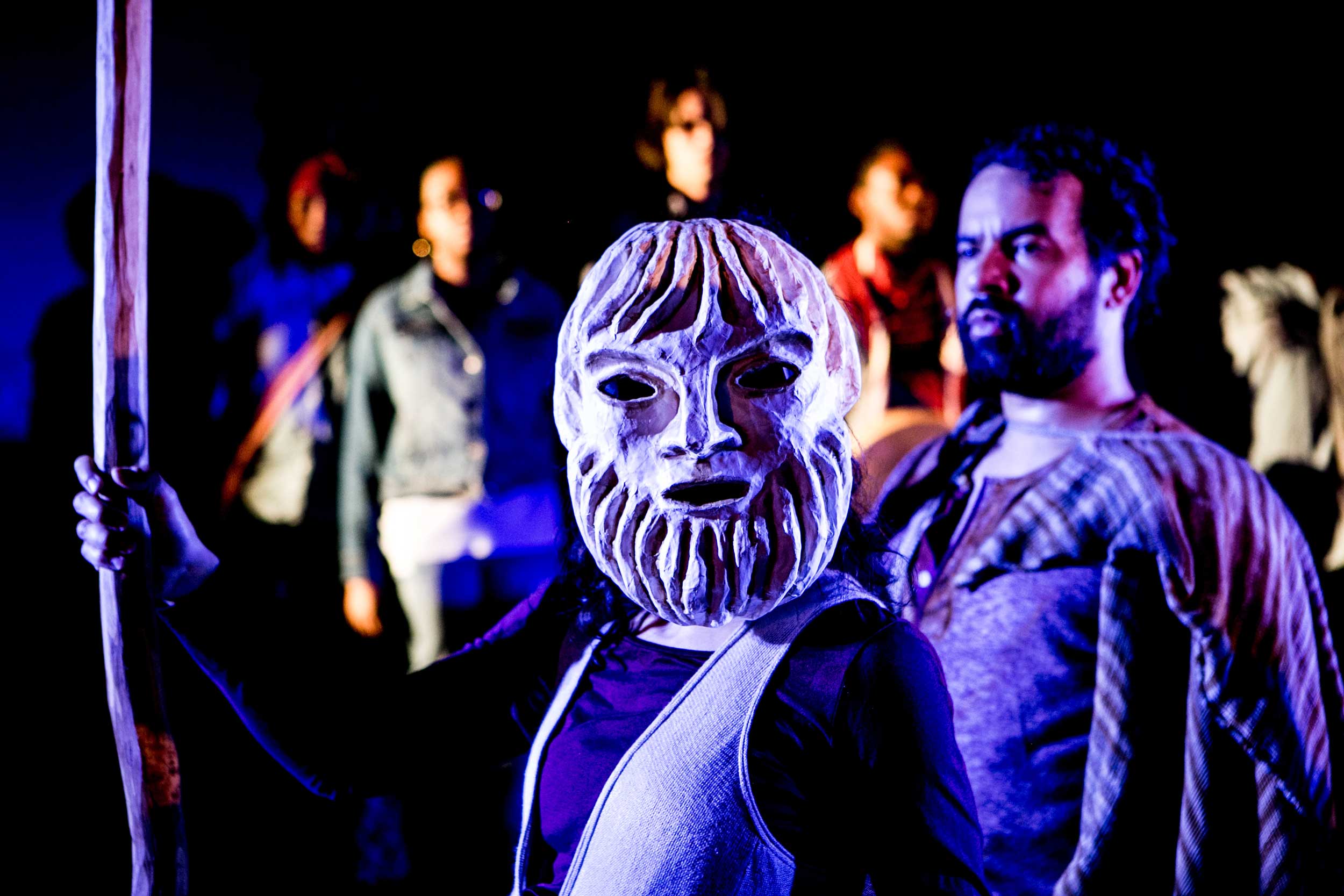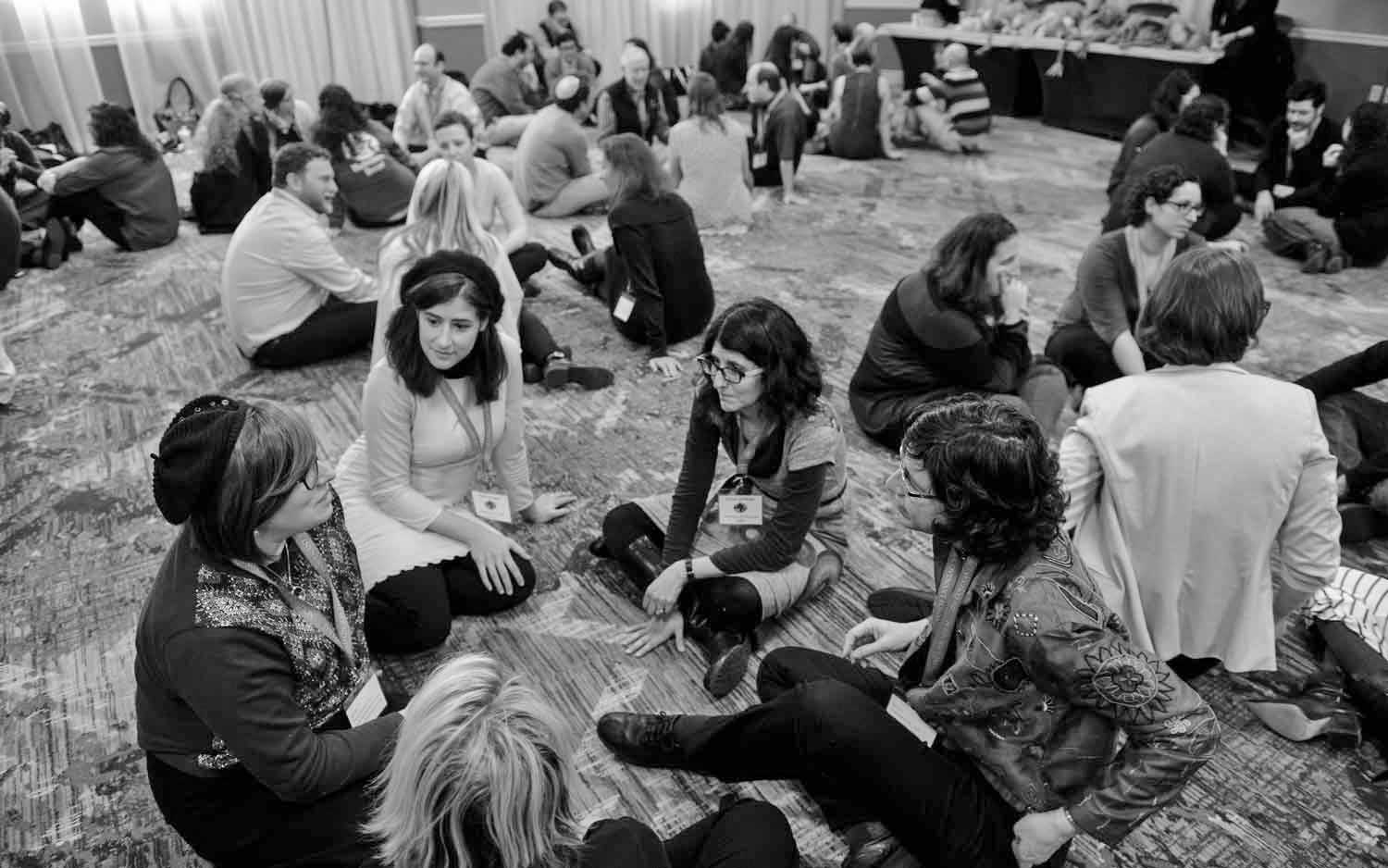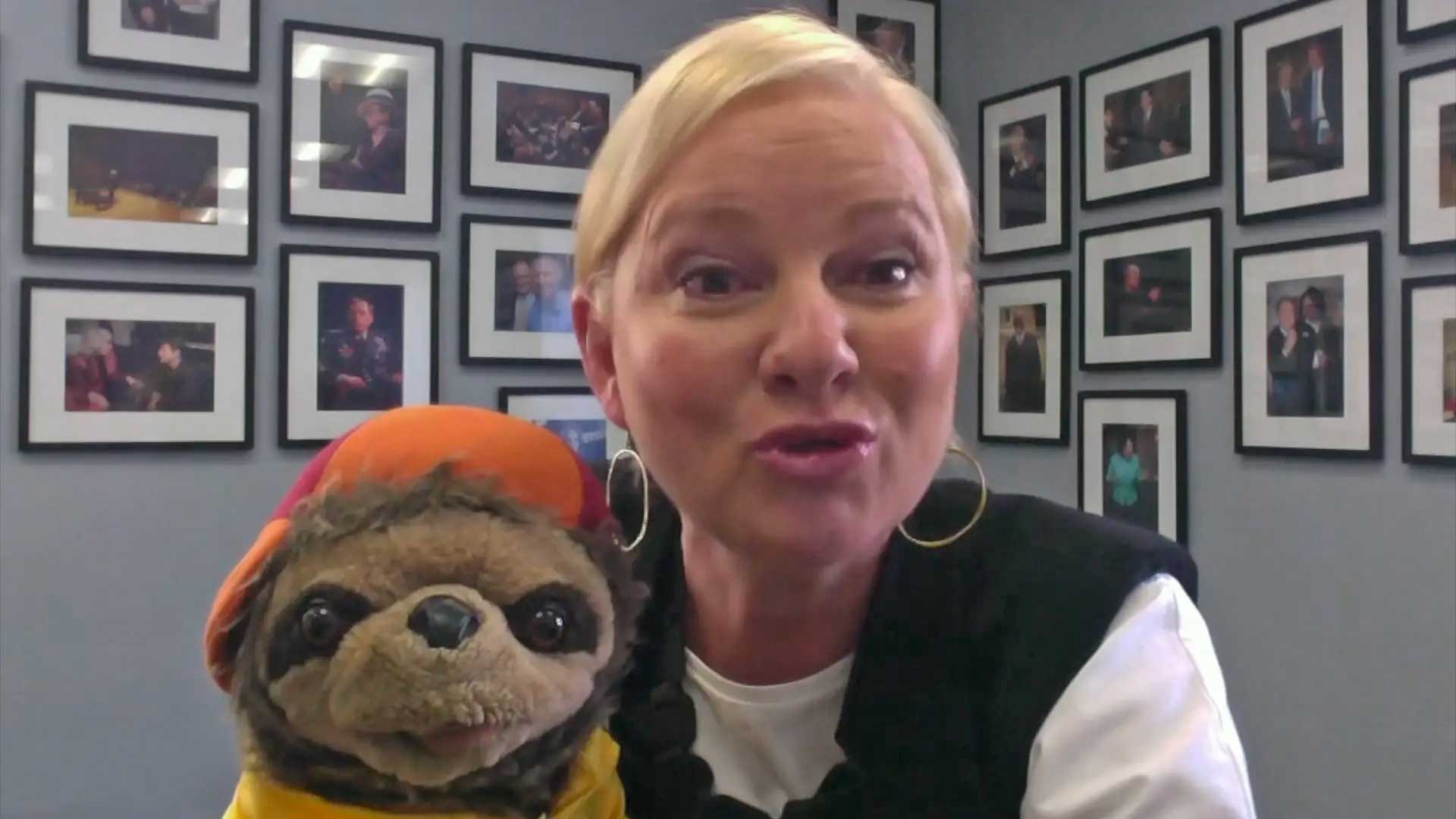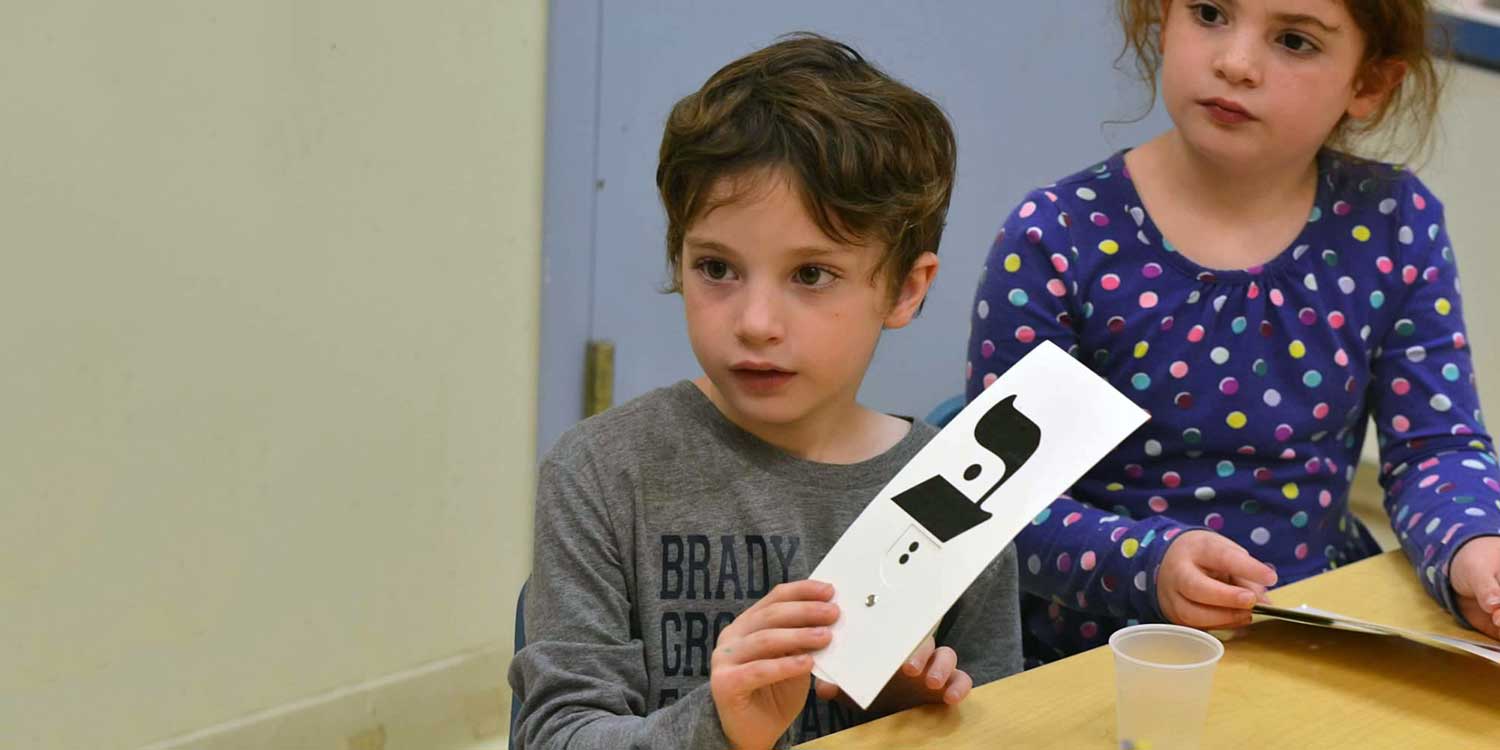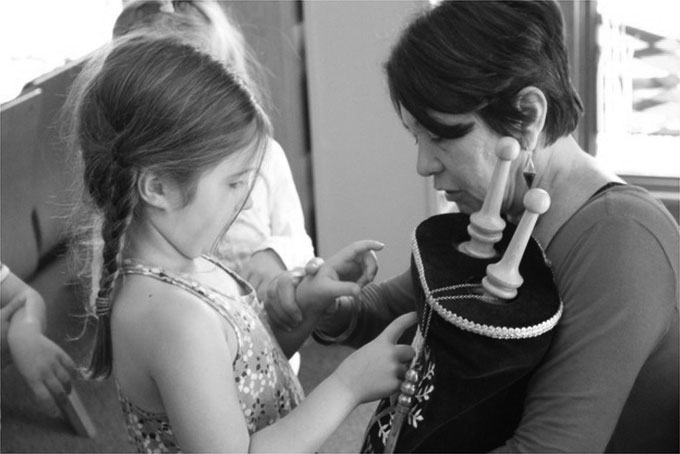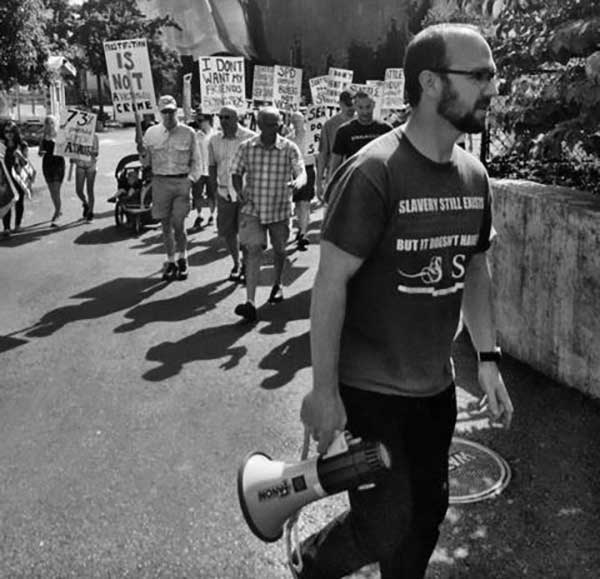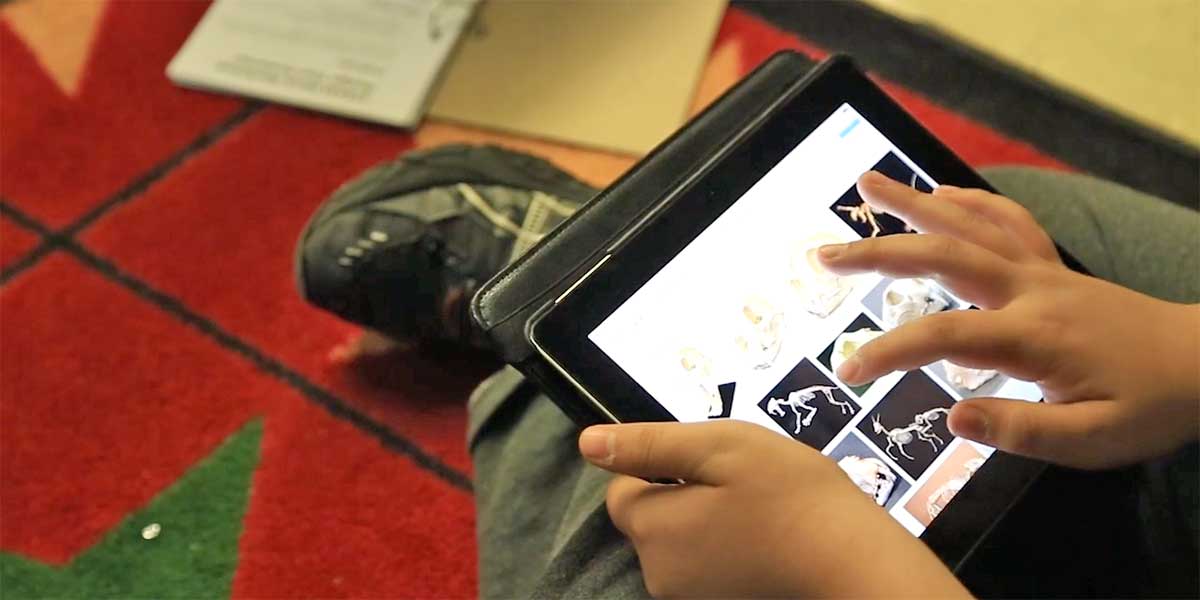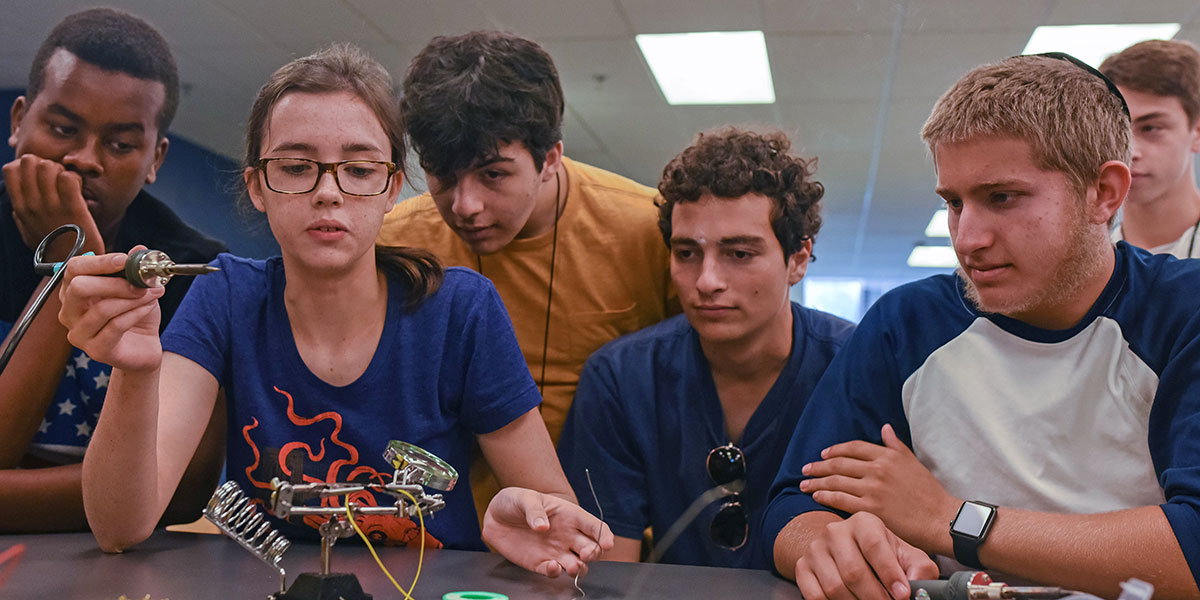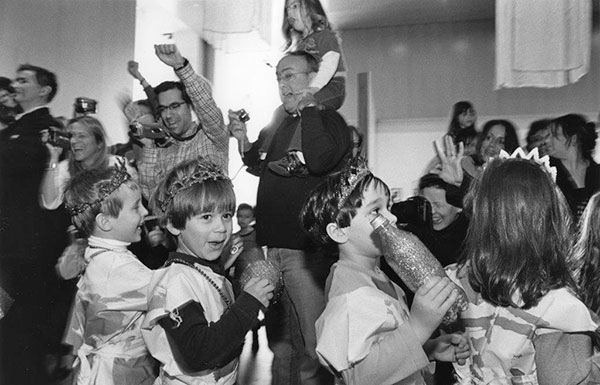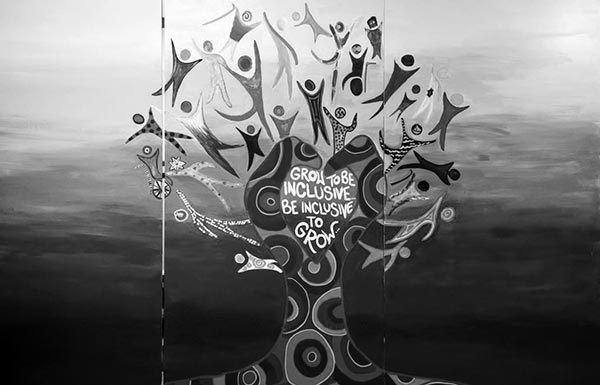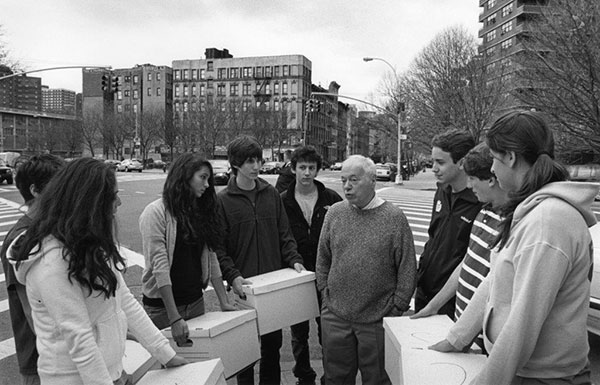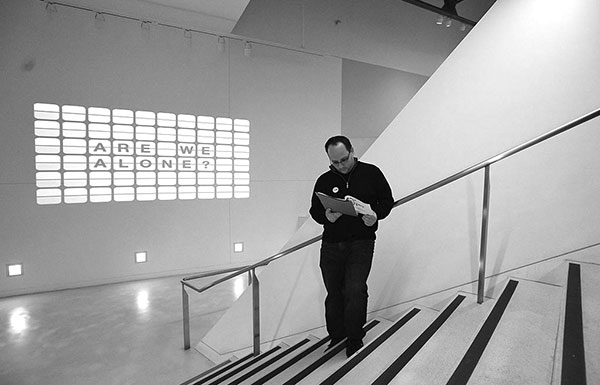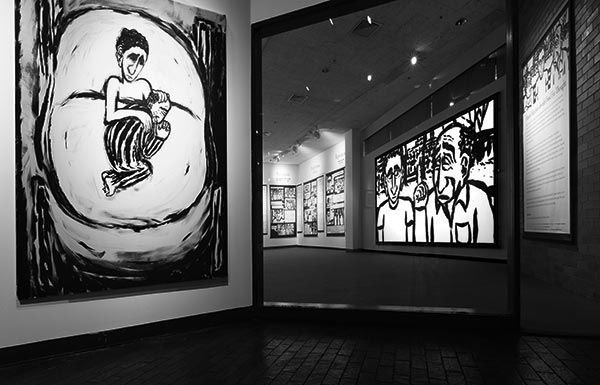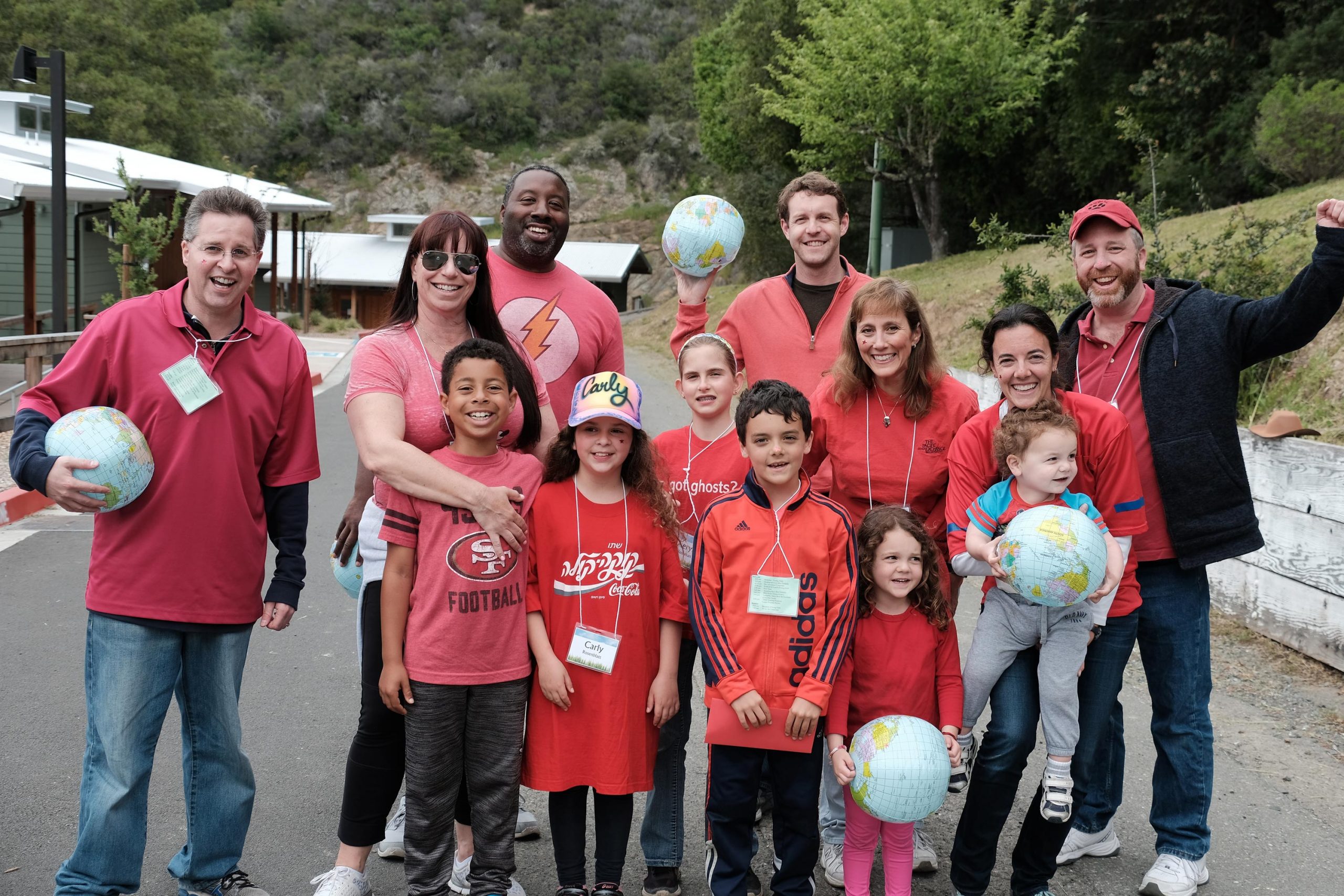
ARTICLEKulanu Brings Families Together
The Jewish community is ever changing and so, too, is the Jewish family. As an Associate Rabbi at Temple Isaiah in the San Francisco Bay Area, I’ve had the opportunity to reflect on these changes and have tried, along with my colleagues, to address the fluctuating needs of our congregants. One thing we know for sure is that Jewish community doesn’t happen by chance anymore. In the past, Jews often lived close to one another and close to extended family. It was easy to connect and see other Jewish families on a daily basis. Today, that’s not the case. In some parts of our country, there is no longer a neighborhood feel to the Jewish community.
And so, at Temple Isaiah, we strive to create structures and programs that actively build Jewish community. The membership of our 900+ family synagogue is spread far and wide, and our children are often one of only a few Jewish students in their grades at schools. Many of our families have moved to the Bay Area as adults while their extended family live a plane ride away. Not having family or longtime friends close by, these families come to our synagogue actively seeking Jewish community; to socialize and celebrate Jewish holidays. As we look to the future of Jewish family engagement and education, we need to create inviting spaces for families to “hang-out” in Jewish community, giving them time and structure to become friends with other Jewish families.
Another important factor to consider when addressing the shifting needs of today’s Jewish families is that many have at least one parent who did not grow up Jewish, a parent who actively participates in another religion, or who is hesitant to embrace organized religion. This reality further encourages the need to create welcoming opportunities for families to “try-out” participation in Jewish community, with activities that do not require prior knowledge and are a fun way to meet other people.
I grew up as an active participant and leader in NFTY, and I worked with Jewish teens for many years. Reflecting on my experiences as a Jewish youth group participant and leader led me to wonder, along with lay leaders at Temple Isaiah, what it would be like if family programming at our synagogue looked similar to the style and structure found in teen-led youth groups. The informal, social programming that is a trademark of youth group activities—from creative Havdalah services around a campfire to limo scavenger hunts—helps teens build meaningful relationships outside the religious school classroom. Could the success of that model of engagement address the needs and interests of today’s Jewish families?
These wonderings led to the creation of Kulanu, an innovative “youth group style” program for Jewish families with kids in K-6th grades at Temple Isaiah. Kulanu, which means “all together” is designed to connect families through year-round informal Jewish activities. Kulanu activities complement and enhance other aspects of synagogue life, like religious school and Shabbat worship, while building community and empowering participants.
Kulanu provides easy commitment opportunities for this age cohort to “hang-out” in Jewish community and engage with Judaism in an informal environment. It builds on the excitement from a family retreat, it strengthens relationships that form in the classroom and when kids are fully engaged in an activity, and it provides parents a space to easily connect with one another.
Like youth group events, Kulanu programs occur throughout the year and vary in style and structure. (Click here to see the Kulanu calendar from the past year.) Some of the program titles look like something you would see on any synagogue calendar. However, the programming is intentionally designed to strengthen community from one event to the next and create meaningful time for families to spend together. For example, it used to be that many families at our synagogue did not participate in the rituals of tashlich. Now, after family Rosh Hashanah services, over 75 families join for Kulanu’s tashlich program. It begins with parents and children doing a guided exercise together in which they reflect on the past year and set goals for the upcoming year. After the tashlich ritual, families stay for a picnic where you might find a friendly game of soccer or playing on the playground. There is meaningful time to interact with your immediate family and time “to be” in Jewish community.
We have volunteered to harvest food with Urban Farmers on Shavuot, on Sukkot we have fulfilled the commandment of joy with a gaga tournament followed by dinner in the sukkah, and we have celebrated the creation of the world with a camping trip on Shabbat Bereshit. Social outings such as bowling, Top-Chef competitions and backyard movie nights always include Havdalah. The synagogue’s family retreat has now become a central event of the Kulanu calendar.
Each event is designed to include programming that engages the kids, allowing the parents to socialize with one another while there are also activities that engage the whole family together. The variety of programs provides many entryways for families, and the consistency of programming throughout the year strengthens the individual relationships and community.
Kulanu’s leadership also addresses the needs of the modern family and incorporates the idea of being “all together” into how programs are created. Like a youth group model, Kulanu programming is planned by those who participate in the programs in partnership with a synagogue staff or clergy member. Many families have parents who work and kids who participate in many extra-curricular activities. Time is limited. Adult-only meetings that take place during the weekday or at night often don’t work for many families. In addition to needing to make an effort to be in Jewish community, families are searching for ways to spend meaningful time together. Therefore, Kulanu is led by a committee that consists of families. In preparation for the coming year, the families on the committee will come together at someone’s house for a potluck meal that includes time to plan. Parents don’t need to worry about finding childcare or being away another night to participate. The kids will often play with one another while the parents meet. The older kids also have an opportunity to express their ideas.
Entire families will often help prepare or lead the activities at the various programs. Sometimes it is simple. The kids will be there with their parents helping to platter food in the synagogue kitchen or will string lights for Glow-in-the-Dark Chanukah Shabbat. The older kids look forward to being counselors at the family retreat and are empowered to create and lead the Trivia Kahoot on family game night. This past year we had a NinJew Warrior Shabbat led by a member family in conjunction with the clergy. During this interactive, intergenerational Shabbat service, we incorporated ideas of being a Jewish warrior and introduced this concept through conversations about the Maccabees, Ruth Bader Ginsburg, IDF soldiers, Gal Gadot as Wonder Woman and others. In this particular family, the mother, a yoga instructor, helped us find our “inner warrior” by leading yoga during the service and the father and 4th grade son, both fans of parkour, created and ran an obstacle course during the oneg to engage the kids while the parents socialized with one another. Family programs prepared for and led by families have been the most successful.
“The real magic of Kulanu started happening when my children were allowed, and encouraged, to take leadership roles in planning events, discovering their own natural gifts, and what’s unique about them,” shared Heather Stoneman, an Executive Board member of Temple Isaiah, who found her connection to the synagogue as a participant and then later as chair of the Kulanu committee. “The simple act of encouraging our children to be involved in some of the decision making and planning, has allowed my whole family to feel more connected to the community, have quality time together, and there’s an added benefit of increased self-esteem and confidence for my kids.”
Kulanu’s meaning of “all together” literally defines the purpose and structure of these family programs. When we create experiences for our families to enjoy together, we strengthen our Jewish community and empower the next generation.
By Rabbi Alissa Forrest Miller, for The Covenant Foundation
